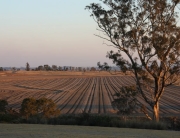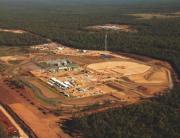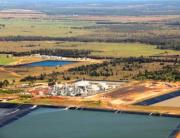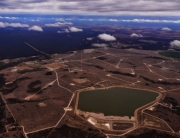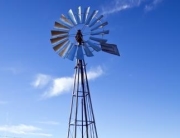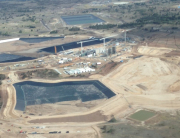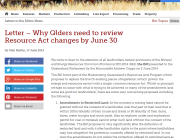Dear Editor –
Changing just two words in the Mineral and Resources Common Provisions Act, as is proposed in the amendment Bill currently before Parliament, would rob many land owners or occupiers of their right to compensation, especially in the coal seam gas areas.
Compensatable effects are currently those from resource activities occurring within the tenement and relating to the claimant’s land – that’s a broad term that can take in activities over the whole tenement. But as amended, only those parts of the activity occurring on the claimant’s land will attract compensation – and that’s almost meaningless because in practice impacts like noise and air pollution are largely the cumulative effect of the whole project.
The department’s Explanatory Notes cover Clause 37 of the Bill without mention of this amendment contained in it. If solicitor Glen Martin hadn’t spotted it in the fine print of the 173 page Bill and made it known, this radical change might have passed unnoticed.
So that’s a big Please Explain to the departmental officers who failed to disclose it in the Explanatory Notes and apparently also in the brief to the Minister Dr Lynham – its not mentioned in his speech presenting the Bill to Parliament on 22nd August.
Where the resource activity is coal seam gas, impacts can include loss of value of the property, disturbance to stock, excessive noise and dust and fugitive gases from CSG activities including from gasfield traffic on public roads within the project.
If the project’s noisy engine-driven hydraulic power units and whistling high point vents on water pipelines and noisy glary gas flares devalue your farm and keep you awake and disrupt your lifestyle, you’ll only have a claim to the extent you can prove the disturbance comes from installations that are actually located on your land.
And you’ll only be able to claim regarding the project’s big noise and air contamination sources like compressor stations and processing plants if they’re located on your land.
Some landholders I know own a noise meter so they can monitor and make responsible complaints to Environment and Heritage, but under the amendments there usually won’t be any point in them complaining because they won’t have proof that the excessive noise emanates from facilities on their land.
Parliament’s Natural Resources Committee will host a public briefing from departmental officers on 6th October and a public hearing of submissions on 11th October.
The Committee should consider whether to abort its inquiry and start again, given that those who have made submissions may have been unaware of this big amendment, others may have made submissions had this amendment been properly disclosed, and it is possible that this is not the only important amendment not disclosed.
George Houen
Landholder Services Pty Ltd georgehouen [at] gmail.com phone 07 4632 1024




